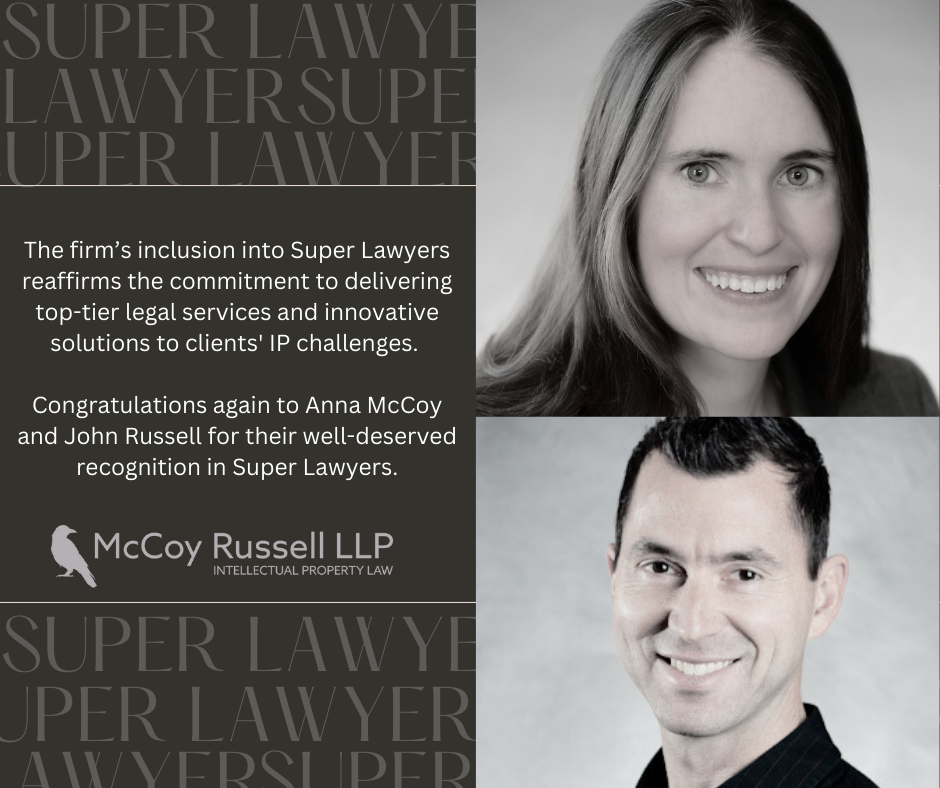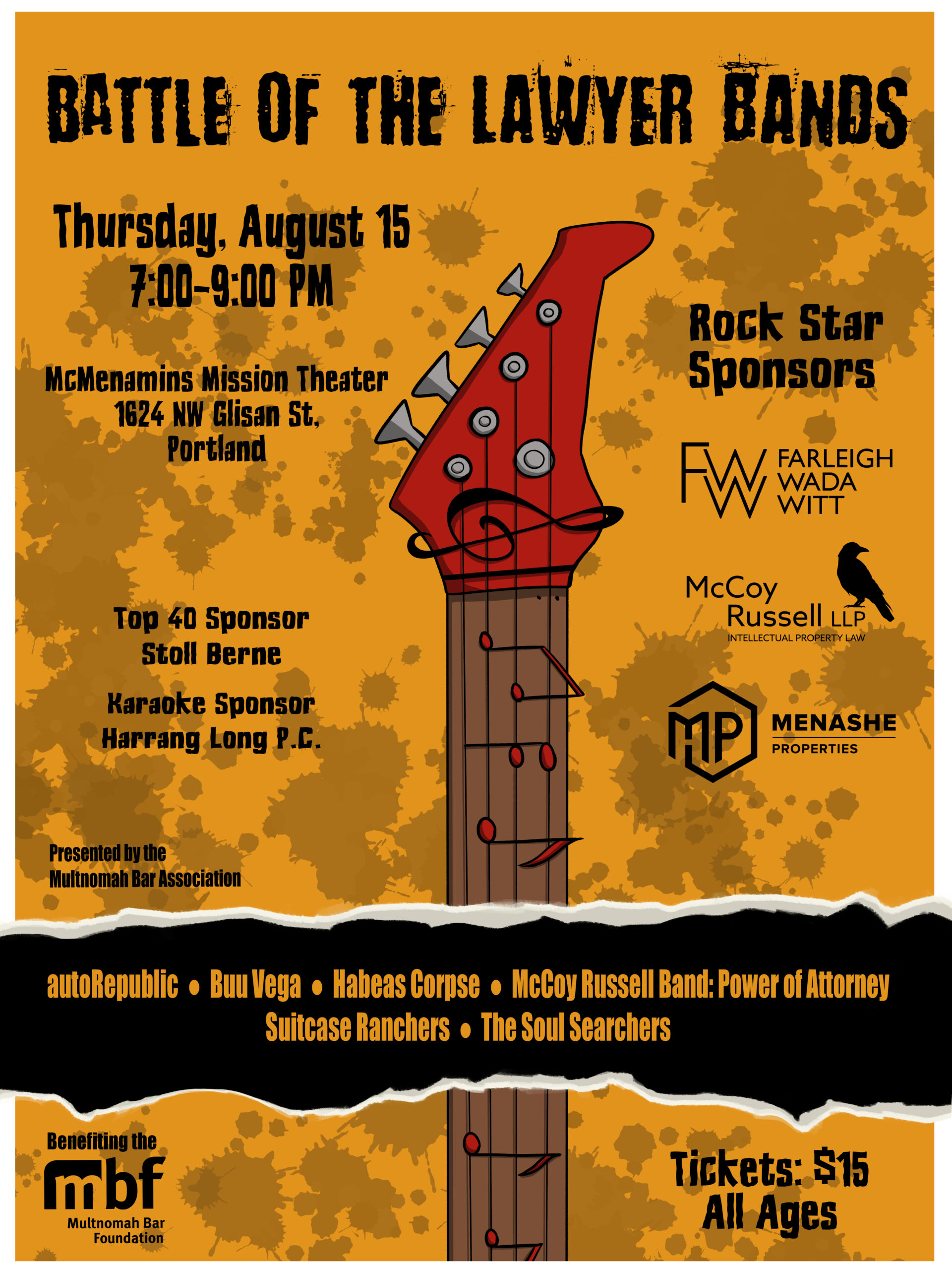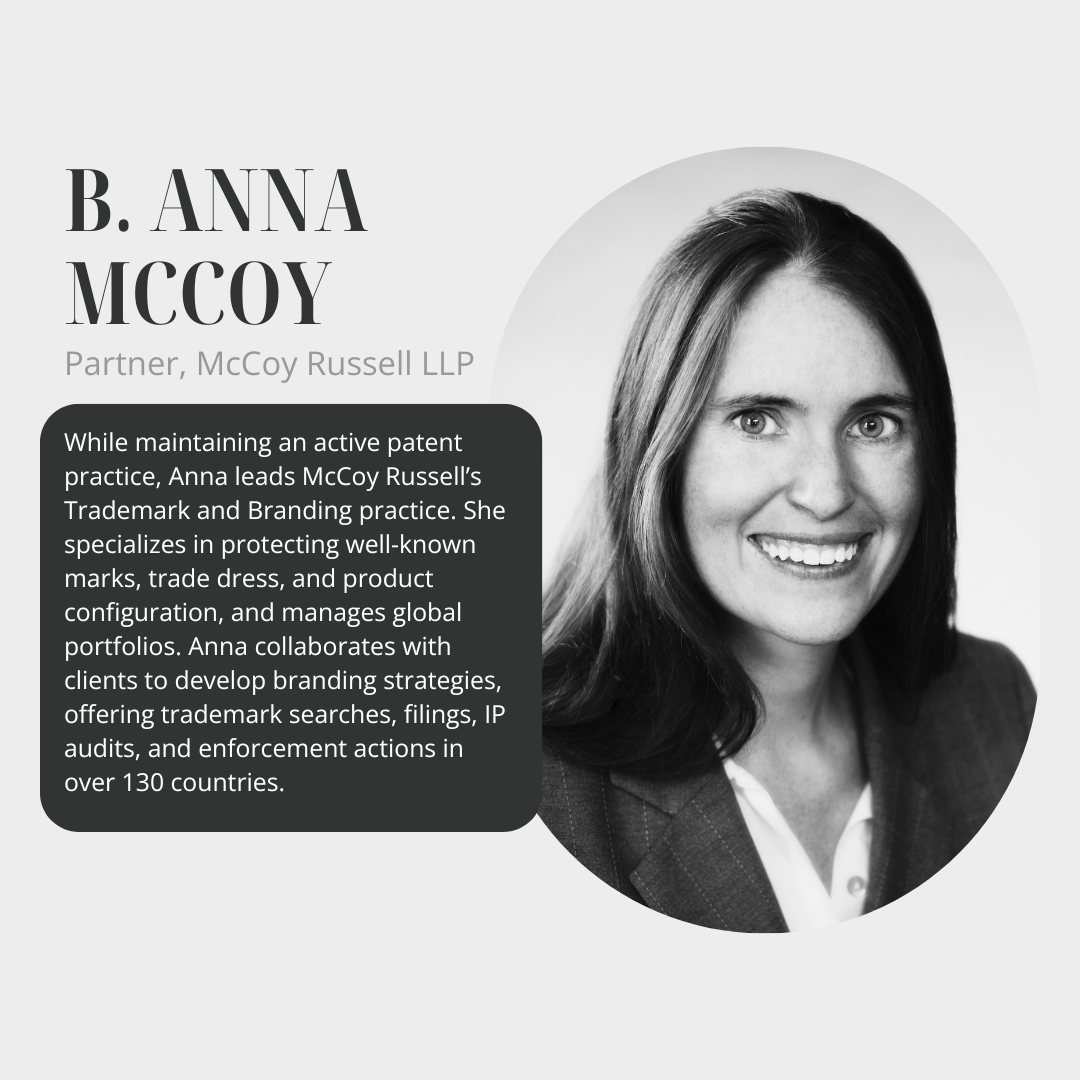
McCoy Russell celebrates Partner Justin Wagner’s inclusion in the 25th edition of Best Lawyers. Justin is recognized for his practice in Patent Law.
Justin represents and supports clients in the development of their intellectual property portfolios. He works closely with clients to conduct thorough patentability evaluations and to secure meaningful patent protection. Justin’s practice encompasses a broad range of electromechanical and biomedical technologies, with a particular emphasis on medical devices and software innovations, including artificial intelligence and machine learning.
Serving as President of the Oregon Patent Law Association (OPLA) for 2024, Justin is committed to advancing thought leadership and fostering the local patent community. He organizes Continuing Legal Education (CLE) sessions and networking opportunities. A key achievement under his leadership was the successful hosting of the OPLA Patent Law Conference at Salishan Coastal Lodge, which featured distinguished speakers and panels addressing current trends and updates in patent law.
Furthermore, Justin plays an instrumental role in strengthening collaborations between Academic Technology Transfer Offices and the US Patent and Trademark Office through his active engagement with the Association of University Technology Managers (AUTM).
McCoy Russell congratulates Justin on his recognition in Best Lawyers.










Recent Comments